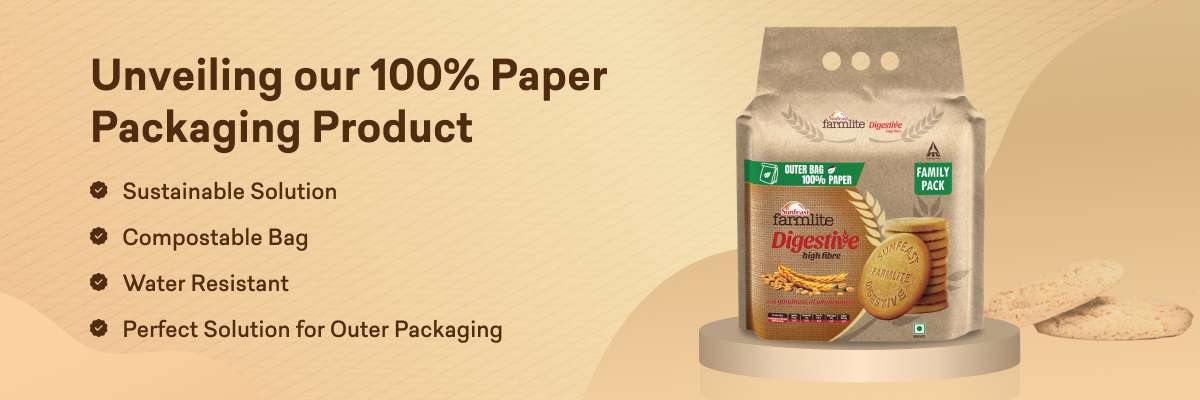In the first three months of 2025, several popular food manufacturers recalled some food items due to packaging mishaps and mislabeling. The FDA (U.S. Food and Drug Administration) reported new recalls related to food and beverages from January 1st to March 31st; of these 45 recalls, 21 were related to missing allergen label information. These recalls are associated with leading companies such as Frito-Lay, Nestlé, and Quaker. Many more, like Lay’s, Tostitos, Stouffer’s, or Trader Joe’s, were also among the recalled brands. The allergen omissions in these recalls put consumers with food allergies at risk.
Many recalls were based on the undeclared ingredients that contain milk, shellfish, tree nuts, peanuts, wheat, soybeans, and sesame. These allergens are responsible for the vast majority of food allergy reactions and must be mentioned on packaging under law or regulation by the FDA.
Furthermore, the majority of recalled items were basic grocery store items. Besides these, special items, including Chinese food such as dried lily flower, were recalled under undeclared allergens in January and February.
Recall reports often cite label errors, but such incidents do not apply only to packaging issues. Harmful pathogenic bacteria, such as Listeria or Salmonella, led to contamination concerns and recalls. The risk of these pathogens demands food safety policies and protocols.
In addition, many food experts have emphasized the importance of proper labeling, as labeling mistakes may seem small, but they can elicit extreme allergic reactions. Therefore, it is essential for companies to review their packaging procedures to ensure safety for consumers.
With increasing recalls, food manufacturers are starting to review and improve their overall quality control. They will implement proper inspections before they distribute to help avoid instances of recalls in the future.
As a result, food manufacturers have quickly removed the mislabelled products from the stores. Some have issued notices in stores while refunding consumers for recalled items. Also, consumers are encouraged to stay updated with the latest regulations by regularly checking the FDA online recall database. In the fourth quarter of 2025, industry professionals and consumers must pay attention to FDA recalls. Therefore, food manufacturers must implement practical solutions to avoid mislabelling issues.





